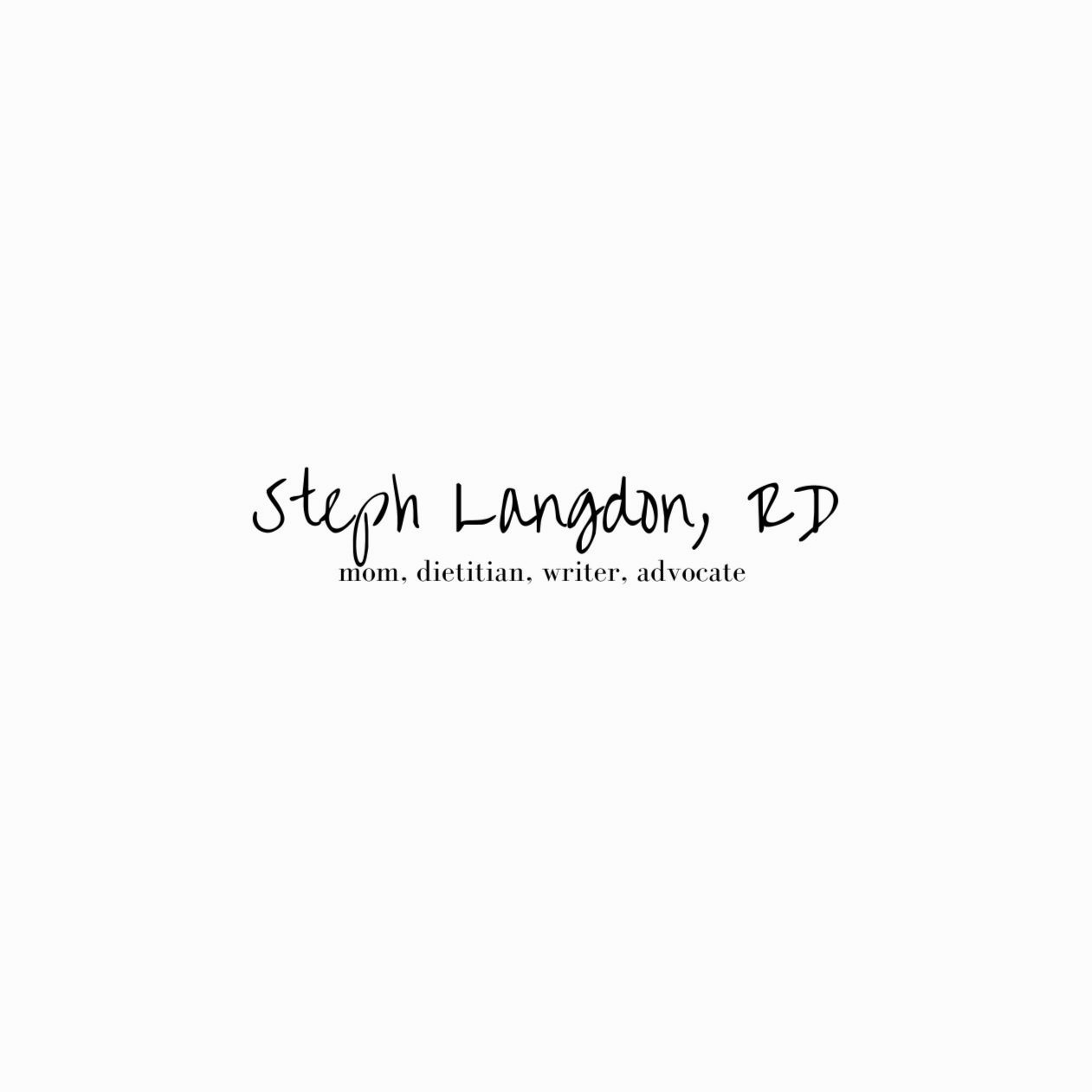Karen D. Corbin, PhD, RD
FACULTY INVESTIGATOR - TRANSLATIONAL RESEARCH INSTITUTE / GEEKS THAT SPEAK®️
for something nutrishus
“For my communications business, my goal is to advance science by helping other scientists communicate their ideas broadly in a way that inspires action. ”
Karen’s is an interview I’ve been waiting to share with you. This series includes interviews, but is also sort of career/dietetics storytelling that’s meant to inspire and there are many unique stories, including hers. Karen definitely has an unconventional career and one that is of utmost importance. I am in awe of her career, passion, and the fact that she saw a gap and is doing something about it. She makes the future sound bright!
Why did you become a RD?
Fundamentally- I wanted a career where I could use science to help people.
What area of dietetics do you work in?
I have a dual career. My primary focus is translational research related to nutrition and enterohepatic metabolism. My side hustle is scientific communications. I have a company called Geeks That Speak® that is dedicated to inspiring and empowering scientists and other “geeks” to become powerful storytellers to accelerate the transition from idea to solution.
How would you explain what you do?
For my primary focus, I work with a team of scientists and subject matter experts to understand mechanisms of metabolic diseases such as non-alcoholic fatty liver disease and obesity so that we can contribute to the evidence-base required to develop new precision medicine therapeutics.
For my communications business, my goal is to advance science by helping other scientists communicate their ideas broadly in a way that inspires action.
What are your ‘typical’ daily/weekly tasks?
Translational Research- reading, thinking (to identify gaps in knowledge), writing, teaching, study design, supervision of study conduct, data analysis/interpretation.
Communications- Currently my focus is to get my message out. My next step will involve public speaking and coaching.
What has been your career path?
It has been an interesting set of decisions that have woven together to allow me to work in proof of mechanism nutrition-metabolism science and communications. I started as a clinical RD in cardiovascular disease and diabetes in 1998. I realized early-on that some of my patients, despite adhering to my recommendations, were not achieving their health goals. I determined this was because of a lack of understanding of the biological mechanisms that drive requirements for and responses to nutrients. I decided to dedicate the rest of my career to scientific endeavors to fill those gaps. To do that I decided I needed to understand nutrition at the molecular level. So I went to graduate school to earn a PhD in Molecular Medicine with an emphasis on nutritionally relevant signaling pathways. I was lucky in my timing because the human genome was sequenced right around when I started graduate school and my program offered classes that covered the new and emerging field of “omics”. That was a huge “Aha moment” for me. I realized that we had the tools/technology to move us closer to personalized nutrition recommendations. When I finished my PhD, I was lucky once again because I landed a postdoctoral position in a university research center dedicated to human translational nutrition research. There, I gained a set of skills that led me to my current position where I focus exclusively on human proof of mechanism studies in nutrition and metabolism.
What advanced education or special training do you have?
PhD, public speaking (Toastmasters and a lot of practice by seeking out opportunities to speak), body language training.
In an ideal world, what does the industry look like 5 years from now?
In nutrition science, we will be closer to achieving precision nutrition prescriptions based on in-depth phenotyping.
From a communications standpoint, scientists will have access to tools to help them be effective communicators which will translate into faster transition of discoveries into applications.
More about Karen:
LinkedIn: Karen Corbin, PhD, RD
Twitter: @KarenCorbinPhD
Facebook: Geeks that Speak
Instagram: @geeks.that.speak
Website: geeksthatspeak.com
Thanks Karen!





